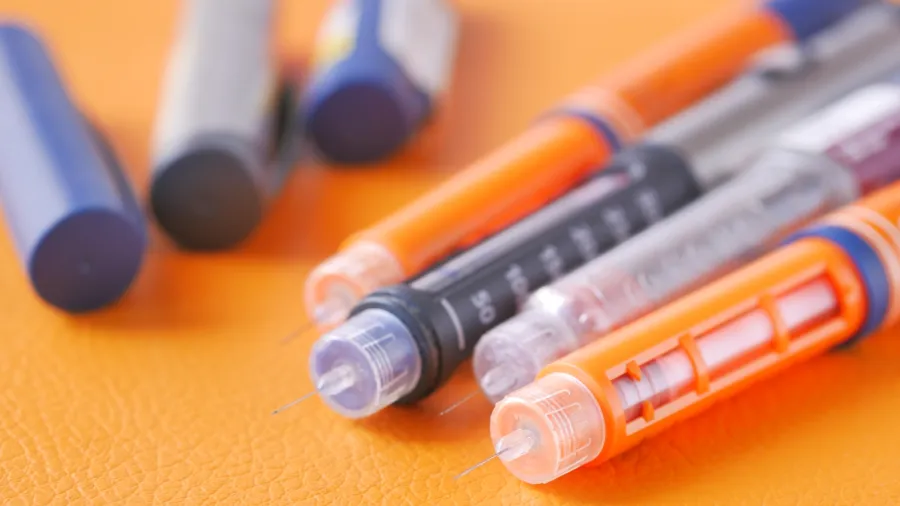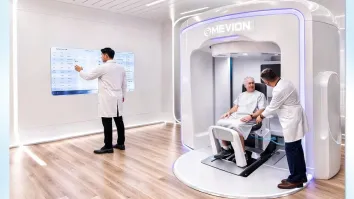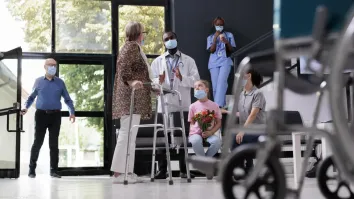
What restricts the global autoinjectors market's growth?
One key barrier is the need to provide effective and safe solutions for chronic disease management and emergencies.
The global market for autoinjectors is projected to rise by $303.65b until 2028 at an estimated compound annual growth rate (CAGR) of over 36.72%, according to Technavio.
However, concerns about potential side effects may hamper its expansion, the US-based market research and advisory firm said.
These side effects may include infections, blood pressure fluctuations, muscle pain, headaches, diarrhoea, and allergic reactions.
Moreover, patients undergoing chemotherapy-induced anaemia treatment may encounter fatigue, oedema, nausea, vomiting, fever, and hypertension, whilst those with multiple sclerosis are at risk of severe hepatic injury and anaphylaxis.
“These side effects may discourage patients from adopting autoinjectors and instead opt for alternatives,” the report said.
Meanwhile, the market faces several barriers to providing effective and safe solutions for managing chronic conditions and emergencies.
These issues encompass the need for clear audio-visual cues for proper usage, reliable connectivity for dosage recording and Bluetooth integration, fast injection speeds, addressing drug viscosities, and ensuring enhanced safety and accuracy.
Amidst these challenges, healthcare providers and pharmaceutical companies are seeking advancements in autoinjector features.
This includes safety locks, automatic drug reconstitution, and options for subcutaneous or intramuscular administration.
Furthermore, the demand for self-administering devices for emergency scenarios, such as anaphylactic shock, underscores the need for ongoing market innovation to meet patient needs effectively.



















 Advertise
Advertise






